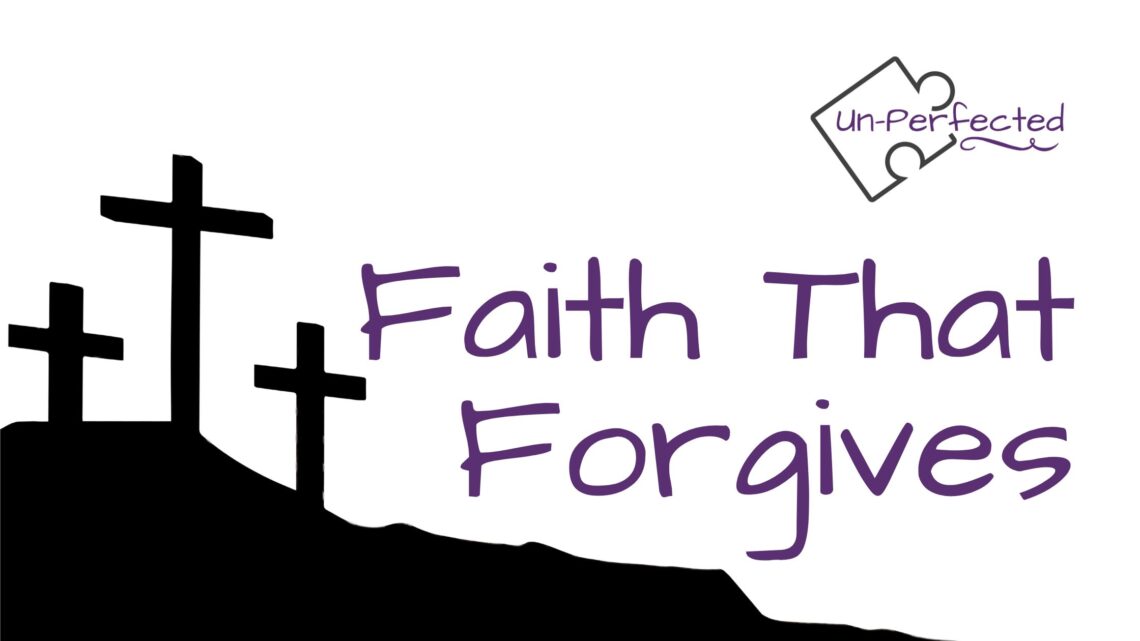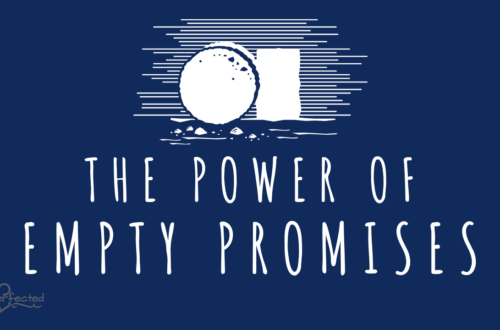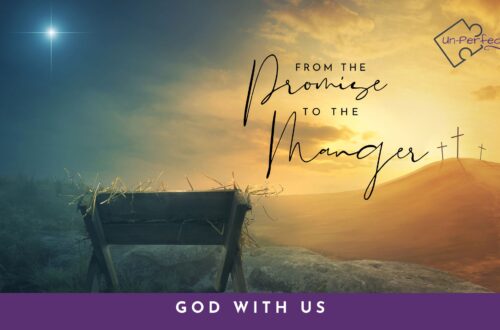
Faith That Forgives
A Bible Study on Living What We Believe
Forgiveness.
Just reading that word might stir up some uncomfortable feelings. For most of us, forgiveness is not natural. It feels costly. It means letting go of our right to get even, our desire to make someone feel the pain they caused us, or our instinct to cut them off forever. Yet forgiveness is not only central to the gospel, it’s commanded by God and essential for our own freedom.
In this study, we’ll walk through three key truths about forgiveness:
- Forgiveness is commanded by God.
- Forgiveness is an act of faith.
- Forgiveness frees us.
Along the way, we’ll look at the examples of Joseph, Jesus, and the parable of the unforgiving servant to see what faith that forgives really looks like.
Forgiveness Is Commanded
Ephesians 4:32 says,
“Be kind and compassionate to one another, forgiving each other, just as in Christ God forgave you.”
Notice Paul doesn’t say, “Forgive if you feel like it” or “Forgive when they deserve it.” Forgiveness is not conditional. It’s commanded.
Colossians 3:13 echoes this truth:
“Bear with each other and forgive one another if any of you has a grievance against someone. Forgive as the Lord forgave you.”
We forgive not because the other person has earned it, but because God has already forgiven us. Every believer has been given undeserved grace at the cross. The only right response is to extend that same grace to others.
Even Jesus taught us to pray this way in the Lord’s Prayer:
“Forgive us our debts, as we forgive our debtors.”
God links our daily experience of His forgiveness to our willingness to forgive others. That doesn’t mean our salvation depends on our performance. Rather, it shows that forgiveness is evidence of a heart that has truly been changed by God’s grace.
Forgiveness Is an Act of Faith
Forgiveness isn’t just obedience; it’s an act of faith. It means trusting God to handle justice instead of taking it into our own hands.
Joseph’s story in Genesis 45 is a powerful picture of this. His brothers betrayed him, sold him into slavery, and left him for dead. But years later, Joseph looked at the same brothers, now trembling before him in Egypt, and said:
“Do not be distressed and do not be angry with yourselves for selling me here, because it was to save lives that God sent me ahead of you.” (Genesis 45:5)
Joseph could forgive because he trusted that God was working a bigger plan through his pain. Faith looks past the wound and sees God’s hand at work.
We see the ultimate example in Jesus Himself. Hanging on the cross, suffering injustice and agony, He prayed:
“Father, forgive them, for they do not know what they are doing.” (Luke 23:34)
That is supernatural forgiveness, something we can only walk in when God’s Spirit is living inside of us.
2 Timothy 1:7 reminds us:
“For the Spirit God gave us does not make us timid, but gives us power, love and self-discipline.”
Forgiveness is not weakness. It’s Spirit-empowered strength.
Forgiveness Frees Us
Unforgiveness doesn’t just harm the other person, it poisons us. Holding onto bitterness is like drinking poison and expecting the other person to get sick. It chains us to anger and steals our peace.
Jesus illustrated this in the parable of the unforgiving servant (Matthew 18:21–35).
A servant owed the king an unpayable debt, millions upon millions. The king mercifully forgave him. But when that same servant was owed just a small fraction by someone else, he refused to show mercy. In the end, he was condemned for his hard heart.
The lesson is clear: when we remember how much God has forgiven us, it should overflow in mercy toward others. Refusing to forgive doesn’t just dishonor God, it keeps us bound.
My Own Story of Forgiveness
I’ll be honest. I know firsthand how unforgiveness can rot away at your soul. Years ago, someone close to me said something so hurtful it felt like a knife in my heart. I told myself I had forgiven them, but every time I saw them, bitterness bubbled up. Every word they spoke felt sharp.
One day, the Holy Spirit opened my eyes to how much anger I was carrying. He convicted me that my “forgiveness” had only been words. That day, I finally released the hurt to Him. Instantly, the weight lifted. My relationship with that person began to heal. Looking back, I regret all the years wasted in bitterness, but I’m thankful for the freedom God gave when I chose to forgive.
How Do We Forgive?
Here are four steps Scripture gives us:
- Pray first. Mark 11:25 says, “And when you stand praying, if you hold anything against anyone, forgive them, so that your Father in heaven may forgive you your sins.” Start with prayer and God softens our heart.
- Forgive in your heart before God. Forgiveness begins vertically, not horizontally. You may not get an apology, but you can still release the person to God.
- Accept repentance. Luke 17:3–4 says that when someone repents, we are to forgive, even if it’s seven times in one day. Faith keeps extending grace.
- Trust God with the outcome. Forgiveness doesn’t mean allowing abuse or excusing sin. It means entrusting justice and healing to the Lord.
Go Deeper with Your Family
Want to bring this lesson home to your family? Download this week’s Free Family Devotional. It includes Scripture readings, questions, and a guided prayer to help your family learn how to walk in forgiveness together.
Closing Thought – Living Faith That Forgives
Forgiveness is not a one-time decision; it’s a lifestyle of faith. Each time the pain resurfaces, we go back to God, release it again, and ask Him for the strength to love.
When we forgive, we reflect the very heart of Christ. We demonstrate heaven on earth. And we walk in freedom ourselves.
Question for reflection:
Is there someone you need to forgive today? What step of faith will you take to release that hurt to God?
For Girls Walking the UnPerfected Journey
If this message encouraged you, I’d love for you to check out my book, Girl UnPerfected, available now on Amazon. It’s written for preteen girls learning to walk in God’s grace while embracing imperfection.
Girl UnPerfected: 52 Devotionals for Preteen Girls is a weekly guide to help your daughter grow in faith without feeling the pressure of perfection. Available on Amazon. Because faith isn’t about being flawless, it’s about being real with God.
Resources & Links:
Listen to more episodes of The UnPerfected Life podcast.
Free Family Devotional Guide for this episode
Follow Kat on Instagram: @unperfectedministries
🎧 Listen to the full episode on The Unperfected Life Podcast wherever you stream!
Want more stories and practical tips? Check out the full episode of The UnPerfected Life Podcast wherever you stream your shows. We dive into James 3, share real-life examples, and talk about how to let God guide your words—so you can speak life to those around you.






